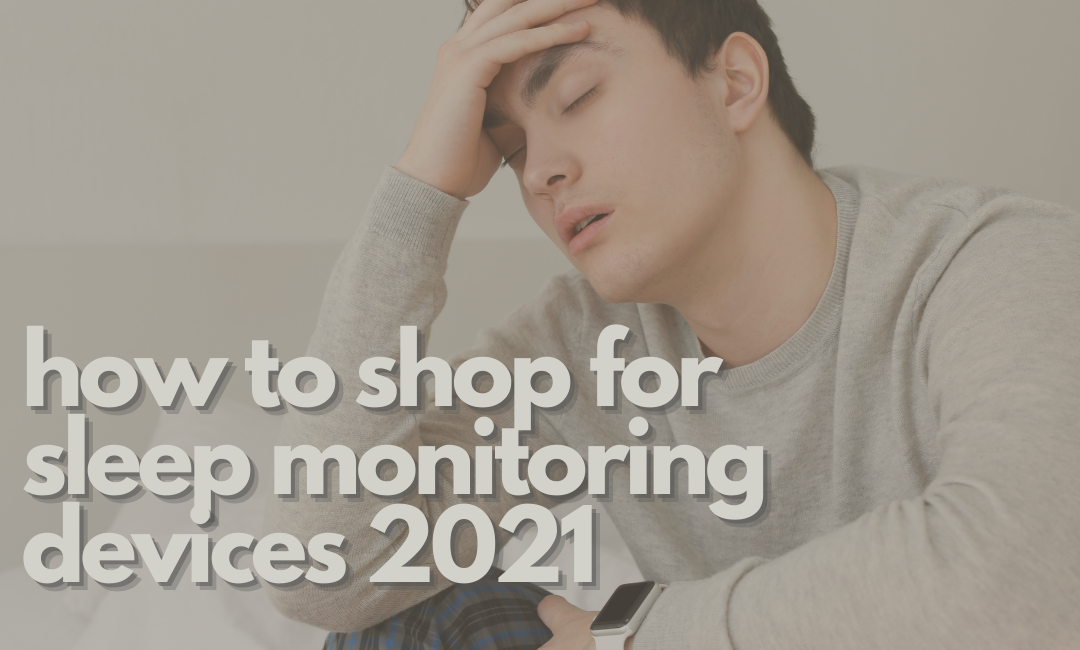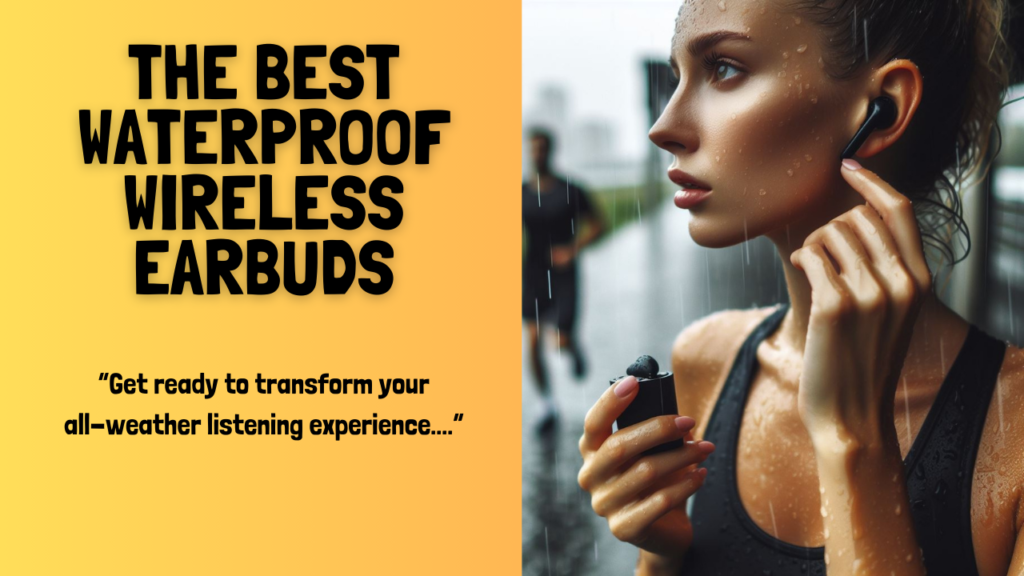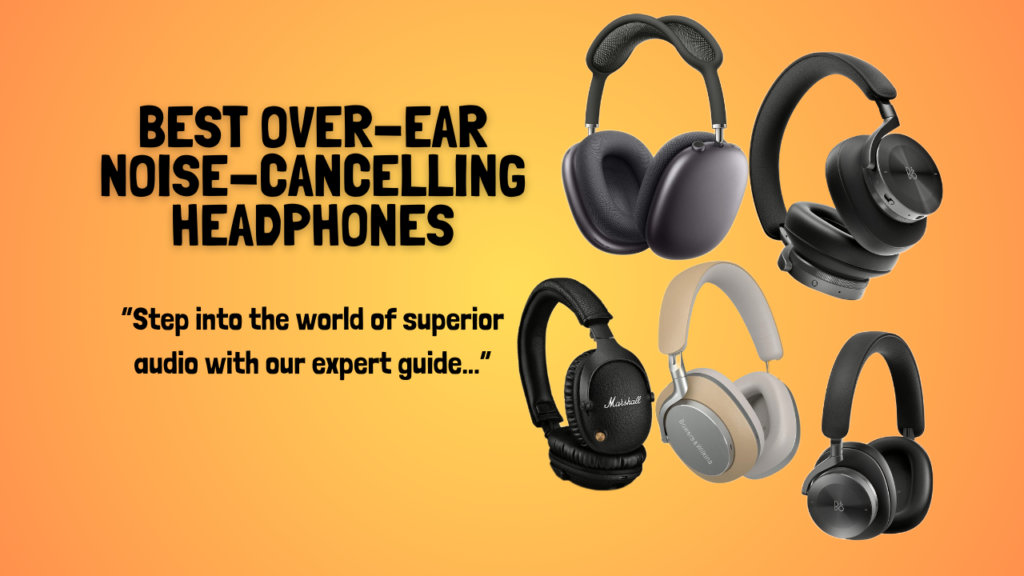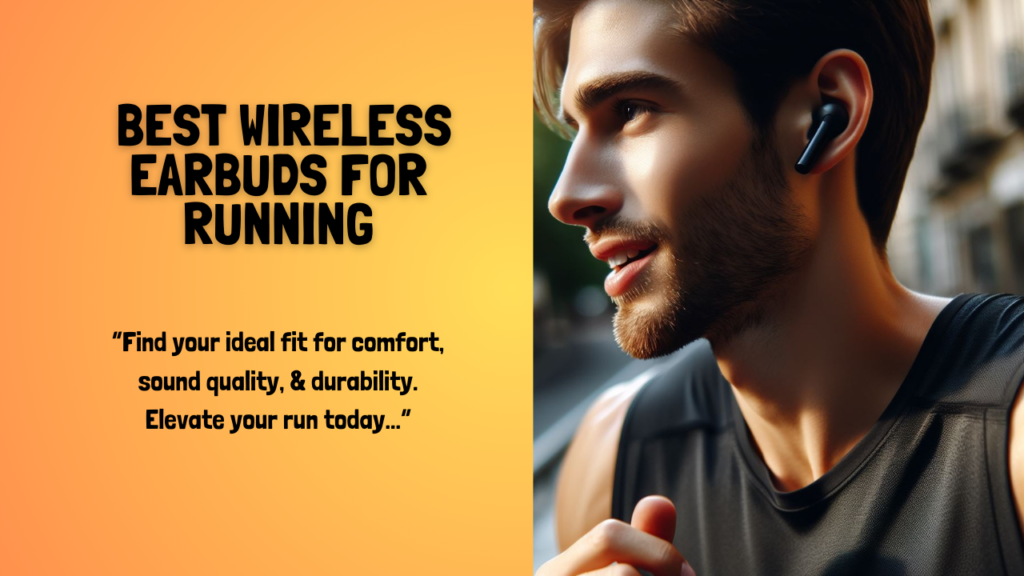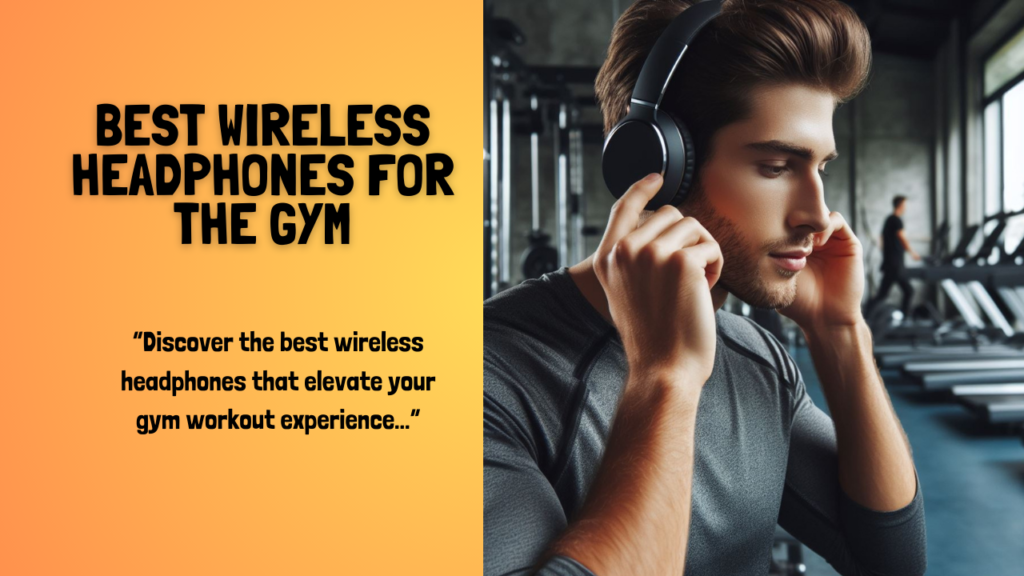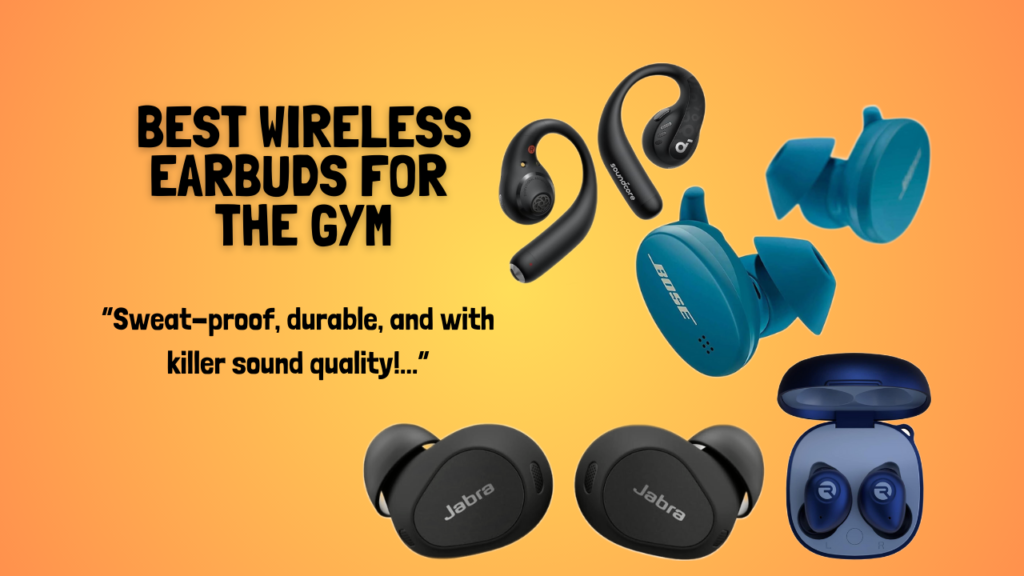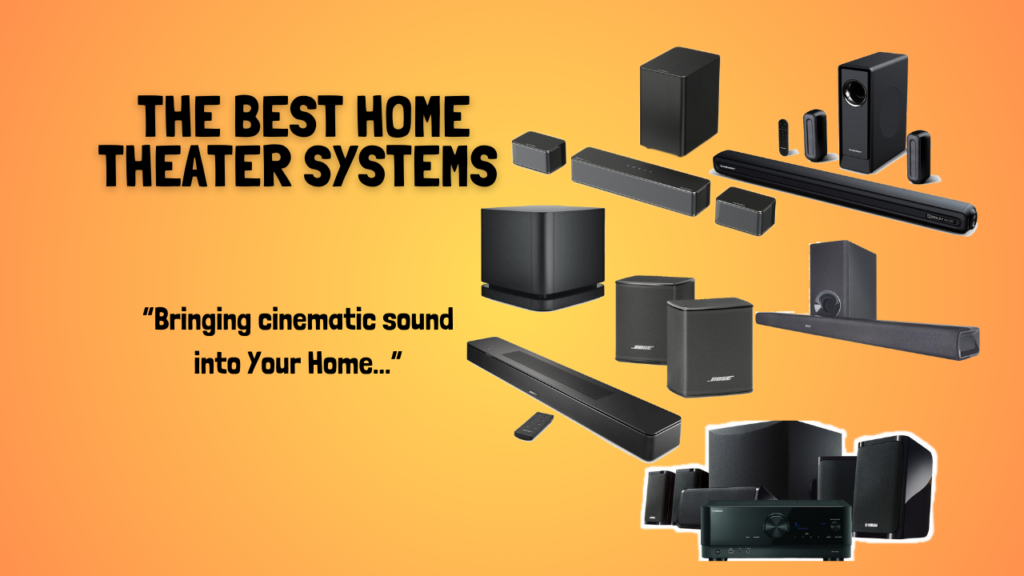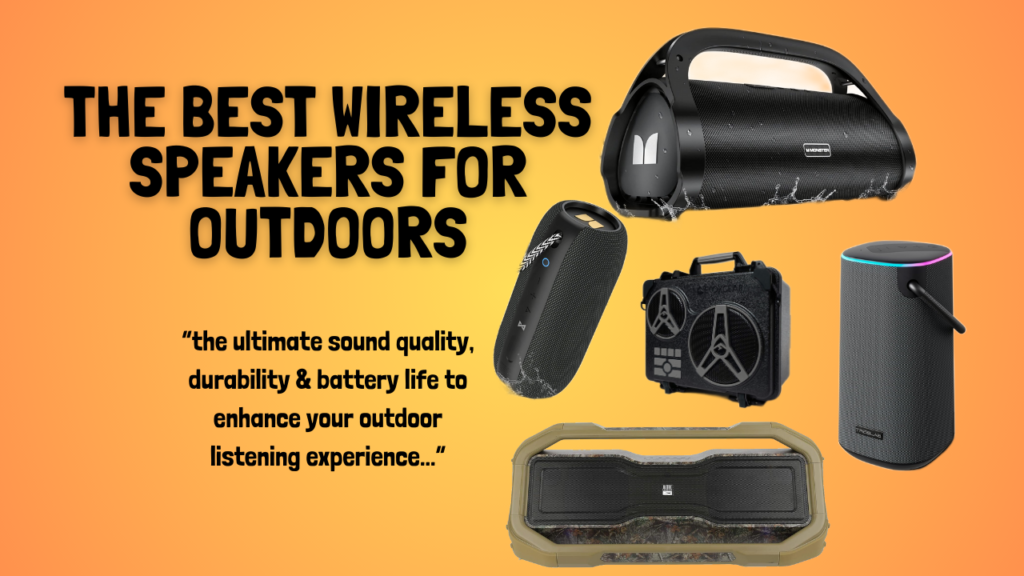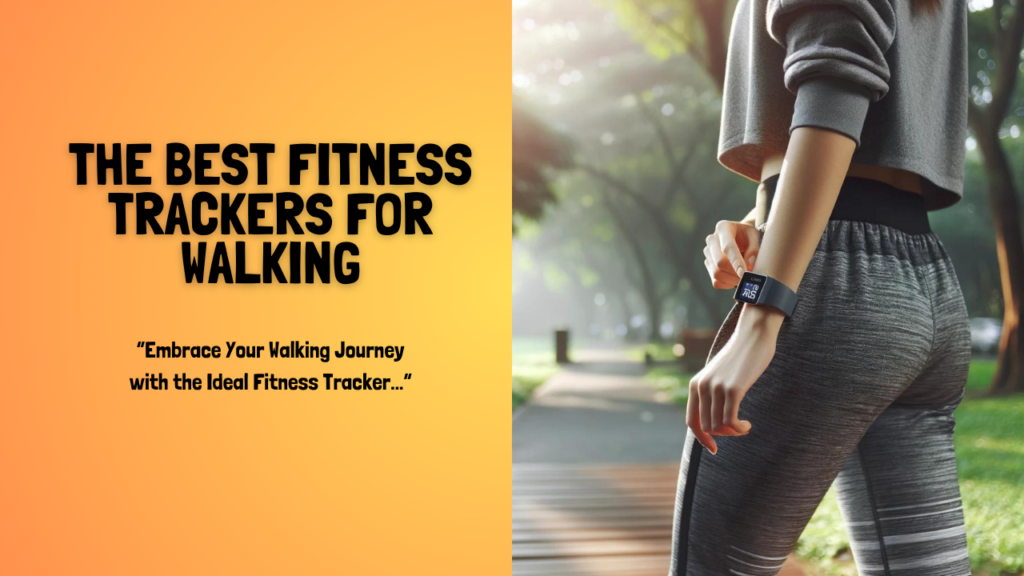Decades from now, if you found yourself having difficulty sleeping, your choices of improving it would have been quite limited. Either you track your sleeping habits manually by jotting them down on your journal or set an appointment for a doctor’s visit. But over the past recent years, sleep monitoring devices have come a long way.
So if you find yourself wanting to have an idea regarding your sleeping habits and patterns or simply want to improve your difficulty in sleeping, a sleep tracking device might be of great help to you. But where do you even begin?
With so many options in the market, from all-in-one smartwatches, sensor pads, wearable rings, chest, and head straps, it’s understandable if you told me you’re already overwhelmed with the choices. But not to worry, I’m here to help you out.
Here’s a buyer’s guide on how to shop for the best sleep tracker for you. Read on to find out more.
What is a sleep tracker and what does it do?
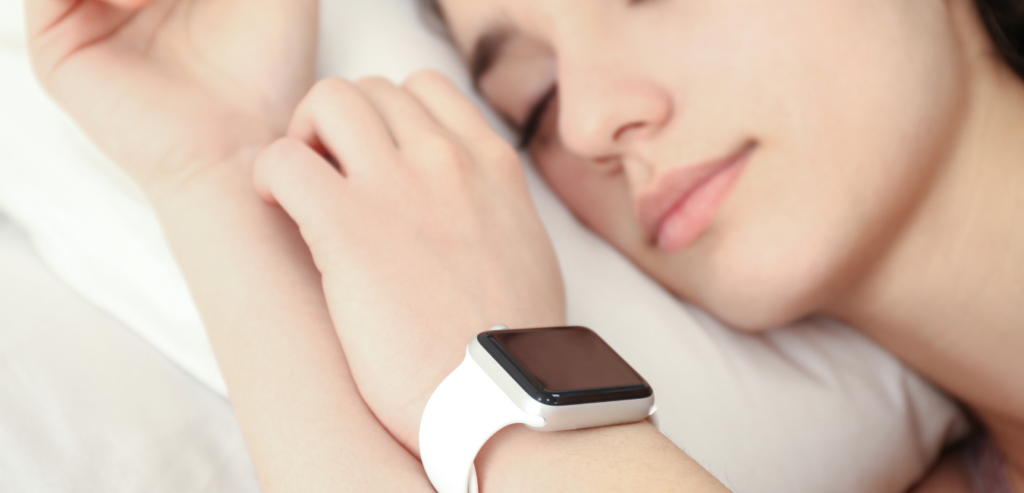
In essence, a sleep tracker is a device that monitors and measures your sleeping patterns, habits, and overall sleep quality overnight. It uses its built-in sensors and tools to detect your movements, heart rate, skin temperature, and even external environmental factors that can have a hand in contributing to your sleep quality.
Some data may also include the duration of your overall sleep as well as how long you were in different stages of your sleep such as your light, deep, and REM sleep.
All of this information is measured throughout your nocturnal activity at night then provided to you in the morning once you wake up. Some sleep trackers also give you the option to save your data so you can opt to report it to your doctor once you meet with them for a checkup.
More advanced sleep trackers may also have additional features like providing soothing and relaxing sounds for you to ease you into sleep. Then some sleep trackers are built for maximum comfort so that these devices won’t mess with the quality of your sleep or get in the way of a good night’s rest.
How It Works
Sleep trackers work in mysterious ways. Jokes aside, sleep trackers can actually detect and monitor your sleeping patterns and habits in a number of ways. Below are some examples of how sleep trackers measure your sleep quality:
Heart Rate
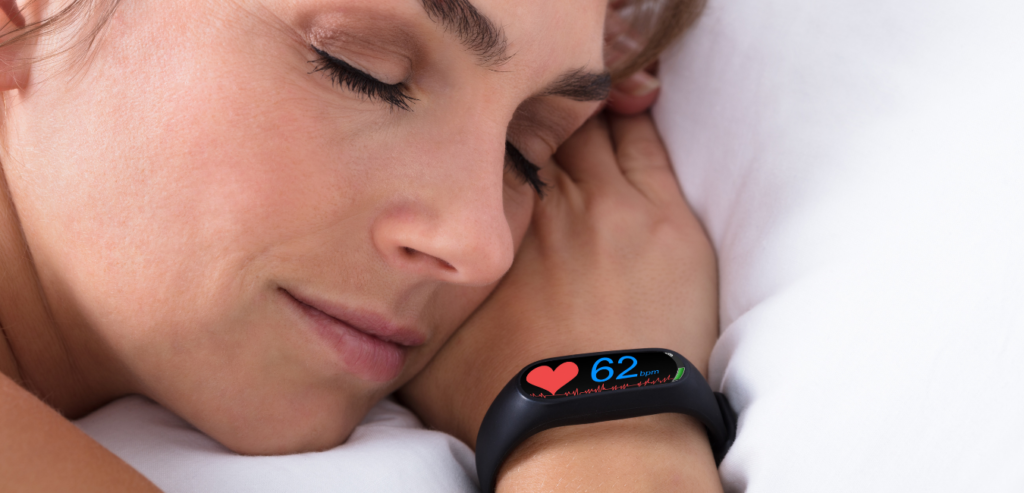
Most sleep trackers in the market have the ability to measure your heart rate. It’s actually the most common way for these devices to monitor your sleeping patterns.
In case you’re unaware, your heart rhythm and sleeping patterns can correlate in many different ways. Your heart rate can be used as a supplementary source of data when measuring the quality and duration of your sleep at night.
In some cases, when it comes to more high-end sleep trackers, they can also measure your heart rate variability (HRV) and your respiratory rate or cardio activity. While heart rate monitoring alone isn’t enough to provide you a full data regarding your sleeping habits, it does help in increasing its accuracy for better results.
Moreover, some sleep trackers also have the ability to measure your SpO2 levels in order to track potential problems like sleep apnea.
Skin Temperature
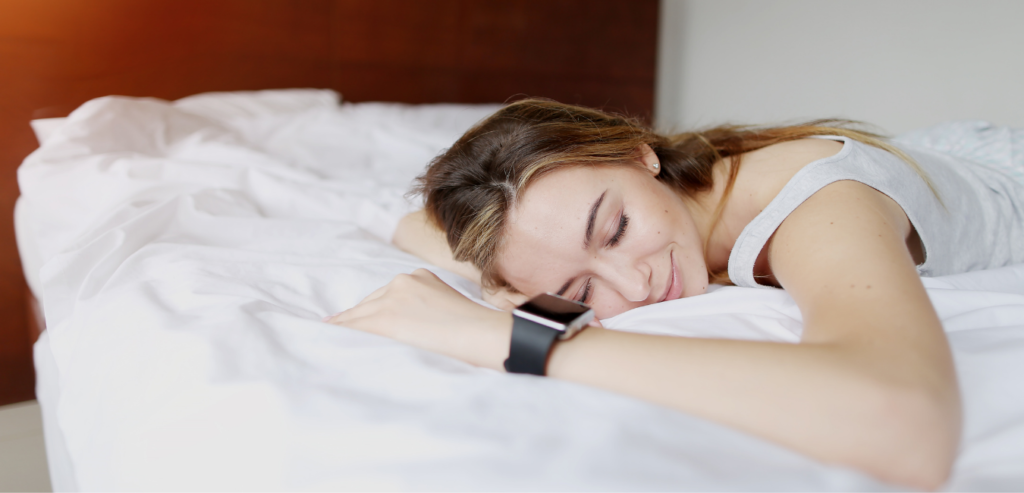
Another way for sleep trackers to monitor your patterns is by measuring your skin temperature at night. This feature isn’t entirely too common in most sleep trackers and is only usually seen in more high-end brands.
To put it simply, your body temperature when you’re asleep can be used to measure and estimate your sleep-wake rhythms on a broader scale.
Your Movements & Environmental Factors
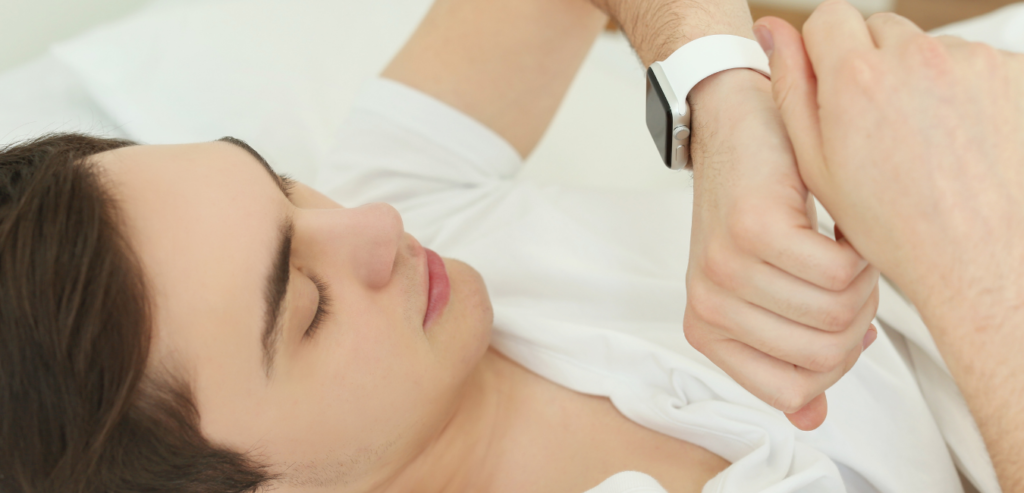
Some sleep trackers also have the ability to detect your movements at night as well as external environmental factors.
How often you twist and turn in your sleep, your room’s temperature, and your exposure to light and ambient noises can all play a part in your overall sleep quality. With such detailed information, you can have an idea of what might be affecting your difficulties in sleeping.
Like the measurement of your body temperature, these features are often found in more expensive brands of sleep trackers.
Types Of Sleep Trackers
You might have already taken a peek at the Amazon website and found so many different types of sleep trackers listed on their page. And it can be quite an overwhelming sight too. But don’t worry! From all sorts of sleep tracking wearables to sensor pads or strips, let me break down the different kinds of sleep trackers for you.
Wearables
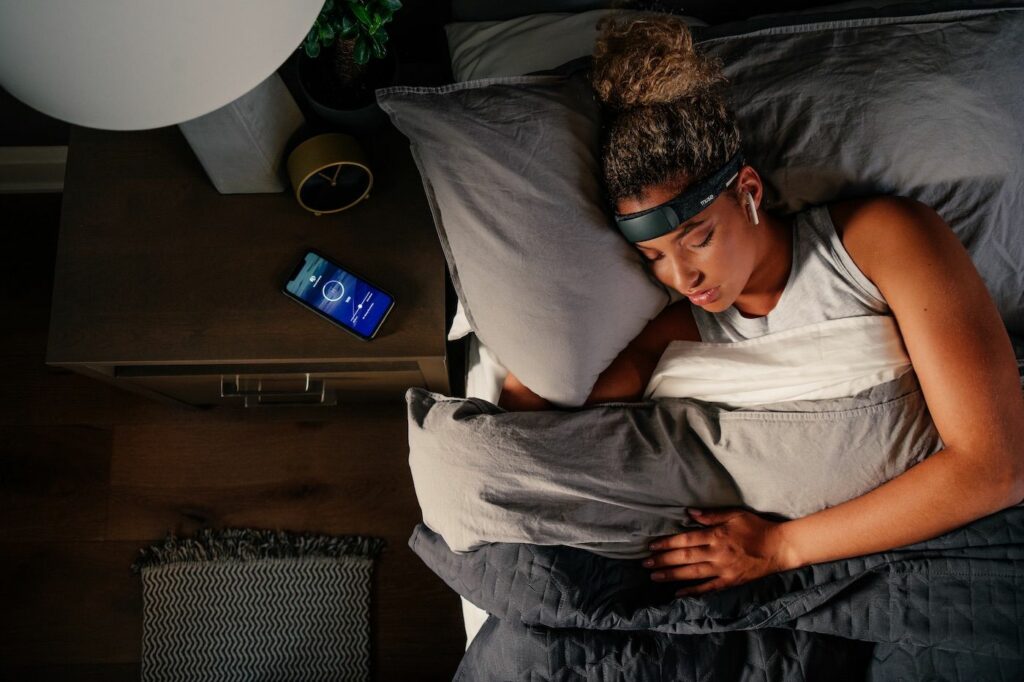
Wearables are one of the most common types of sleep trackers in the market. They also have the most unique designs. They can range from wristwatches, headbands, chest straps, or even rings.
However, you might also find them the more obstructive option for sleep trackers. Since you have to wear them to bed, you might feel a little bit of discomfort. Though at the end of the day, comfortability is up to your personal preference.
Sensor Pads & Strips
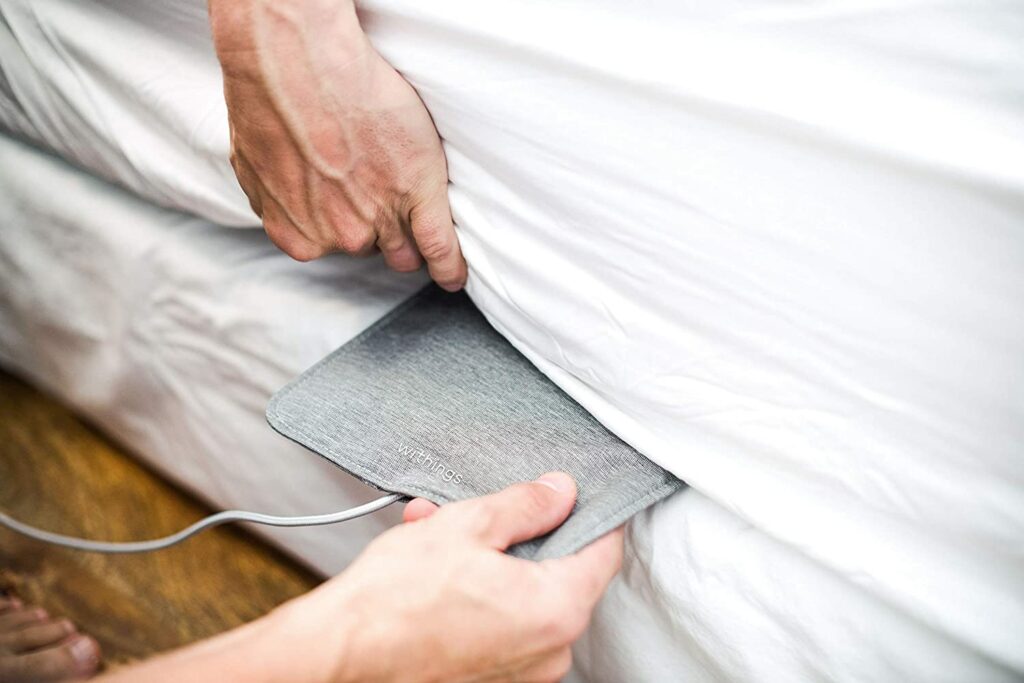
Another common type of sleep tracker is sensor pads or strips. They’re also known as the “non-wearables”.
They’re the less obstructive option compared to wearables and are more ideal in my opinion. All you have to do is slip these devices below or on top of your mattress and you’re good to go. They have a lesser possibility of getting in the way of your sleep and you won’t have to worry about it sliding off of you while you slumber.
What To Look For In A Sleep Tracker
With so many sleep monitoring devices being produced and released into the market, finding one that will work for you can be quite daunting. So to help you out in that area, here are some of the things you need to consider so you can make an informed purchasing decision.
Sleep Detection Accuracy
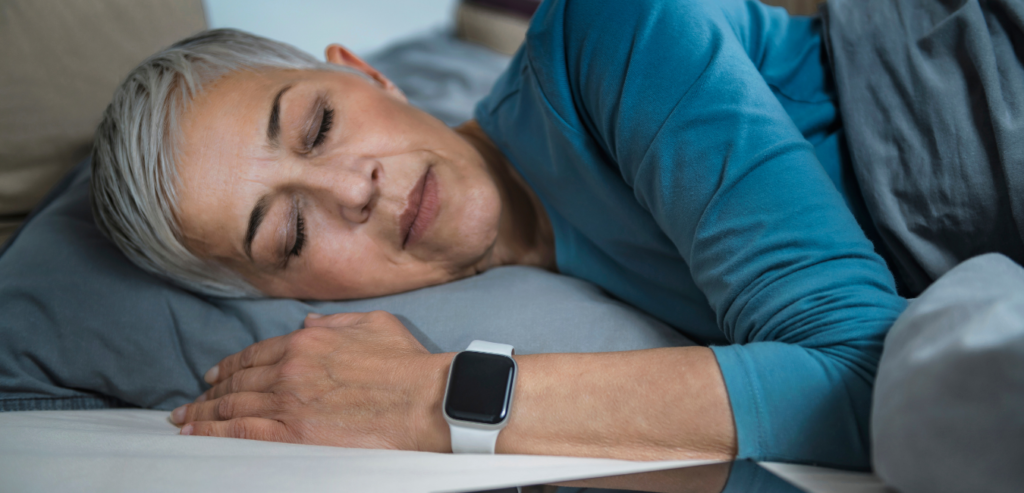
When it comes to sleep trackers, accuracy is one of the most important things you need to consider. As you know, each brand out there has its own unique technology built into its sleep tracking devices. This helps them track and monitor your sleeping patterns more accurately.
So it’s best to find out if a certain sleep tracker is accurate enough or not by doing research regarding the tools and sensors they use. It’s important to know that some sleep trackers might have really gimmicky features that don’t provide significant data or any contribution at all.
Data Quality
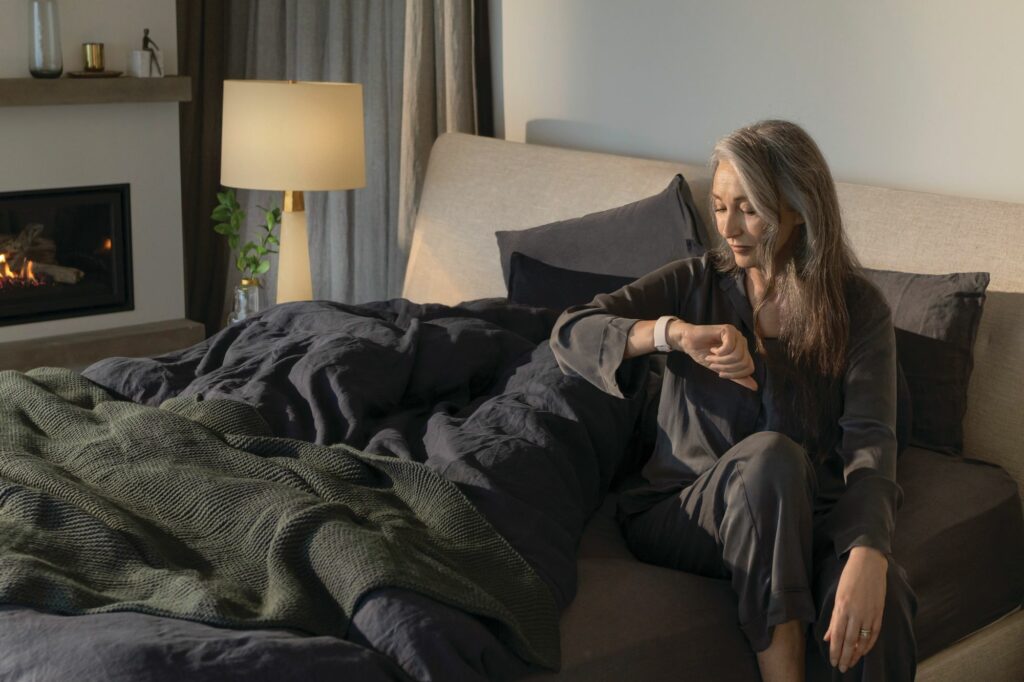
The data quality you get from your sleep tracker shouldn’t be overlooked as well. It’s important that the data you’re receiving from your sleep tracker is detailed enough and easy to understand. If the data you’re getting is too complicated, it will be quite difficult for you to have an idea of how to make adjustments to your sleeping habits.
Comfortability
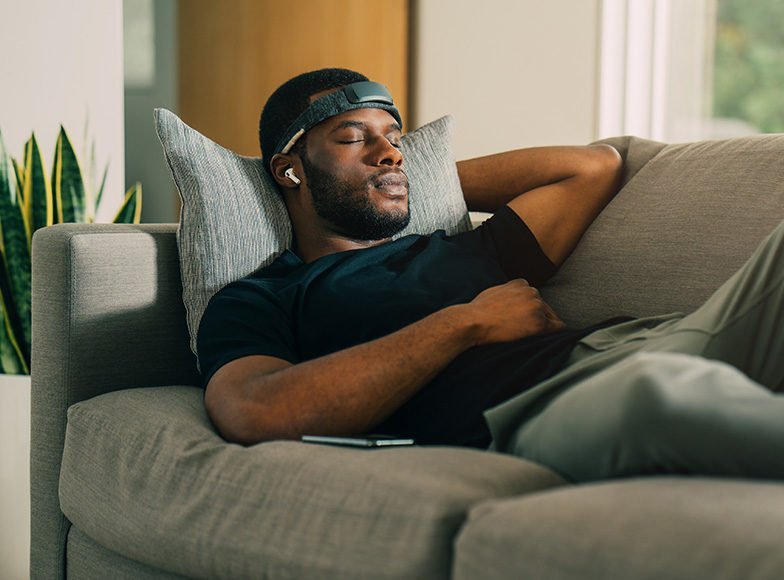
The comfort of use is very important when it comes to the sleep tracking you are eyeing. Especially when the main reason we are getting one for ourselves is to have an idea of how to improve our difficulties in sleeping. So getting an uncomfortable sleep tracker that will just make it uneasy for you wouldn’t make sense at all.
That being said, I highly recommend testing out which one makes you comfortable the most when you’re lying in bed. With so many options to choose from in the market, you are sure to find one that will work for you.
Personally, sleeping tracking sensor pads are what I deem the most comfortable type of sleep trackers. They’re the most unobstructive and you don’t have to wear them going to bed. Just slip them below or above your mattress and then they’ll do the rest of the work for you.
But if you prefer wearables, those can work too. Just make sure that they don’t get in the way of your beauty sleep.
Additional Features
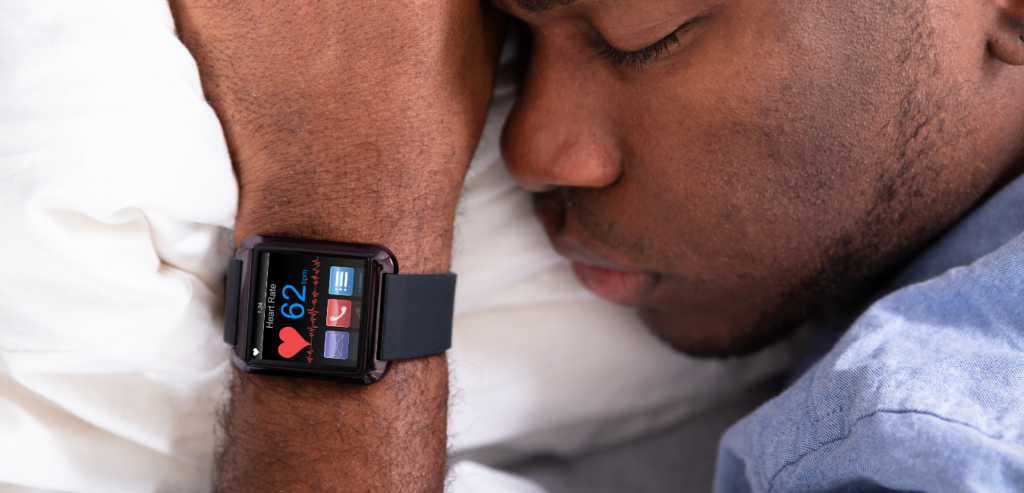
Some sleep trackers in the market offer additional features that might be useful for a lot of you. Usually, wearables like smartwatches can also provide fitness and activity tracking features during the day. Then, there are some that offer meditation guides to raise your mindfulness which can improve your overall lifestyle.
This all comes down to personal preference though. If you like all-in-one products, it could be worthwhile to check out these types of sleep trackers.
Conclusion
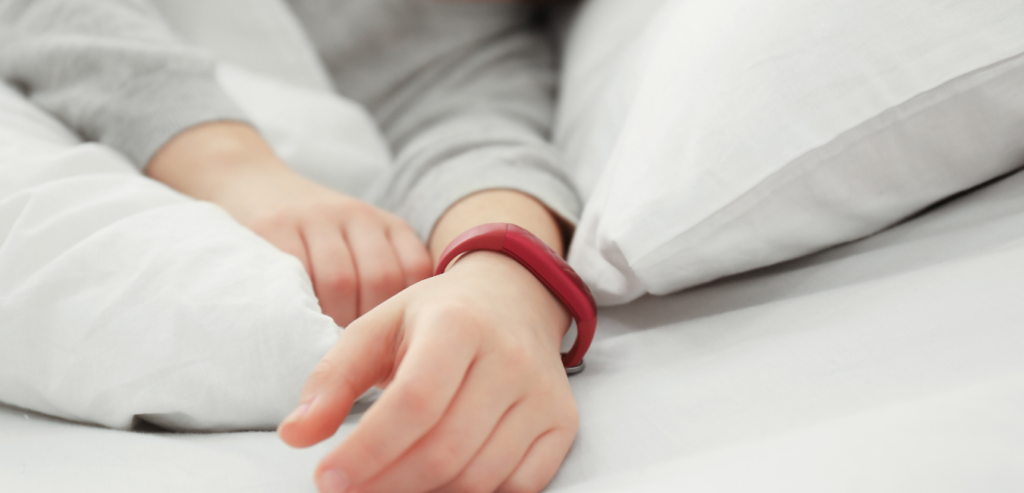
Overall, I think a good sleep tracking device can be the difference between a good night’s rest from a sleepless night. It’s all up to you whether you think these devices would be a good investment regarding your sleeping problems or not.
Some people who don’t deal with a lot of problems when it comes to their sleeping habits just want to be in tune with their sleeping patterns and so they use these sleep trackers.
But whether you just want to have a closer insight into your sleeping patterns or you actually want to get an idea of why you’re having trouble with sleeping, a sleep tracker might prove helpful in providing you with some proficient and helpful data.
However, having that kind of information in your hands shouldn’t mean that you should entirely replace a doctor’s appointment with a monitoring device. A sleep tracker will just simply aid you and give you reports which you can show to your doctor so they can have an idea regarding your situation.
Do you already own a sleep tracker? Or are you still deciding and on the fence about it? Let me know if you have any suggestions, questions, or remarks regarding sleep trackers in the comments section below. I would love to hear your thoughts!
Recommended reading for you:
- Best Sleep Trackers 2021: Don’t Sleep On These Devices
- The Best Fitness Trackers For Seniors: Say No To A Sedentary Lifestyle
- Your Quick Guide To Buying Fitness Trackers With GPS 2021
- How To Buy The Best Activity Fitness Trackers 2021: Shopping For The Right One
- The Samsung Galaxy Watch 3 Review: Is It The Best Android Smartwatch?
- Fitbit Versa 3 Review: The Best Smartwatch From Fitbit Yet
- The Garmin Vivosmart HR+ Review: The Best Wearable For You?
- Muse S Review: A Brain-Sensing Headband To Help You Sleep Better?
- Fitbit Sense Review: The Smartwatch For A Stress-Free Life
- The Best Smartwatch For Nurses 2021: Stay Healthy With These Wearables
- The Best Fitness Trackers With GPS For 2021
- Fitbit Luxe Activity Tracker Review: The Most Fashionable Fitness Wearable
- The Apple Watch Series 6 Review: Is It The Best Choice For You?
- The Fitbit Charge 4 Review: Your New Bestfriend To A Healthier Lifestyle

